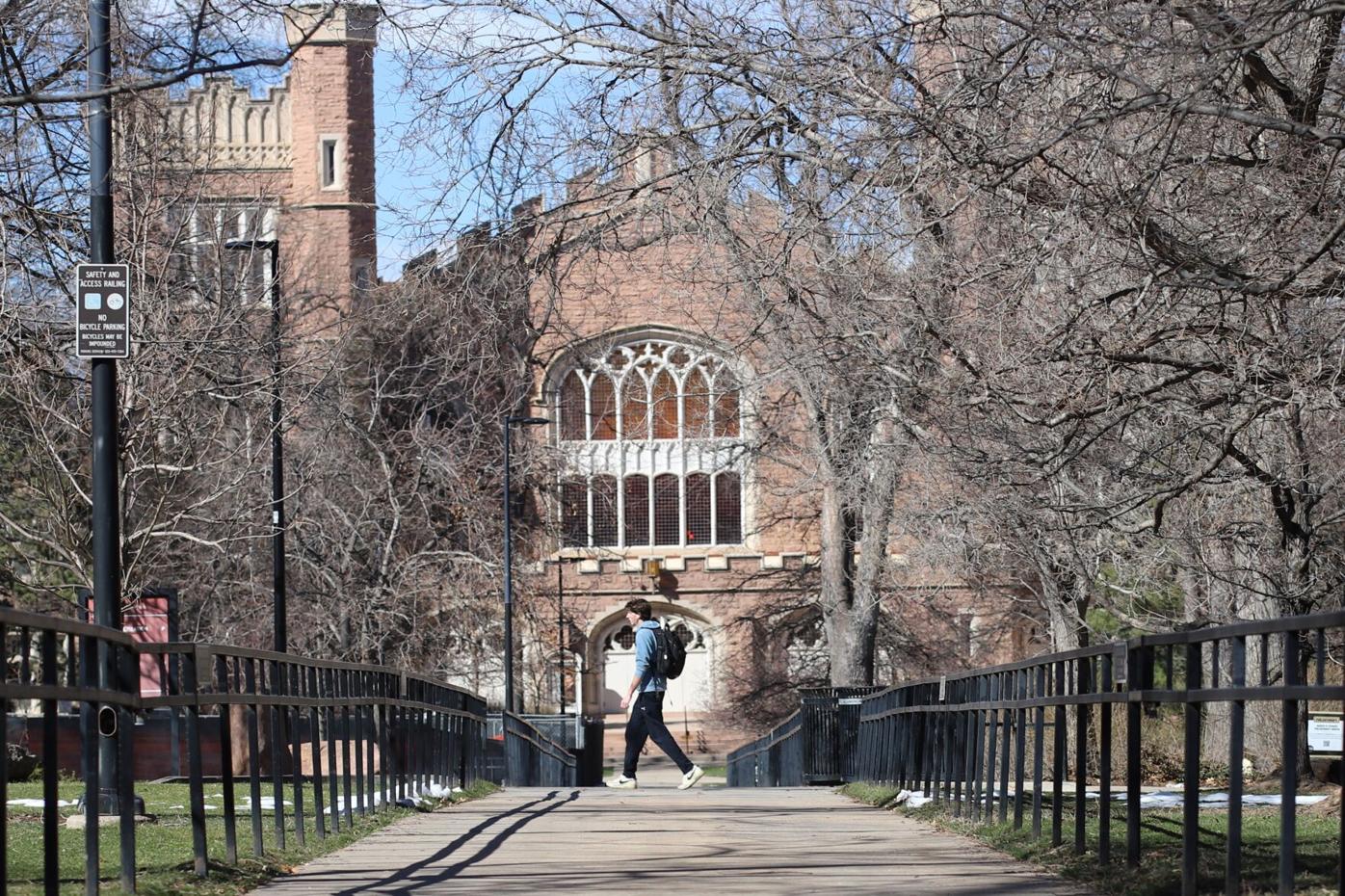Federal judge sides with CU in former student’s retaliation lawsuit
A federal judge concluded last month that a former University of Colorado medical student failed to establish the school unlawfully retaliated against her, as the evidence instead showed faculty raised numerous concerns about her conduct over the years.
Mindy Szeto was enrolled in CU’s School of Medicine between 2014 and 2020, through a program combining a medical degree with a Ph.D. The school dismissed her from both degree programs. Although it directed her to undergo an evaluation with a peer assistance organization, she declined to do so prior to termination.
Szeto filed suit against the university and multiple staff members. She argued her dismissal stemmed from complaints she made about sexual harassment and gender discrimination. Szeto also alleged the school unlawfully told her to undergo an evaluation because of a perceived disability and retaliated against her for questioning her thesis advisor’s academic practices.
The defendants moved to end the case in their favor, submitting hundreds of pages of evidence suggesting the consequences they imposed on Szeto were justified by her conduct over the years:
• In 2016, the program director warned Szeto that her absence from the country without communication — while the school continued to pay her a stipend — imperiled her ability to hit program milestones on time
• Multiple directors and faculty members met in March 2020 and learned Szeto allegedly took university property without authorization
• In June 2020, Szeto’s thesis advisor wrote to her, concerned that Szeto was withholding materials about her dissertation and calling out Szeto’s “unsubstantiated” accusations against her about misconduct at a prior university
• In July 2020, the chair of her thesis advisory committee announced he was stepping down immediately after she made “another misrepresentation of the facts” to a faculty member
• A university committee recapped its October 2020 meeting with Szeto by directing her to undergo a health evaluation to address “what the Committee perceives is unprofessional behavior”
In a Feb. 19 order, U.S. District Court Senior Judge Lewis T. Babcock sided with CU, finding no evidence that any legally protected complaints Szeto made about faculty behavior led to her dismissal from the program.
As for her claim that the university committee unlawfully required her to undergo a health evaluation because it perceived her to have a disability, Babcock disagreed.
“Defendants have presented a wealth of convincing and consistent evidence showing that the Medical School’s (committee) referred Plaintiff … because of ongoing and well-founded concerns about her professionalism in, among other things, communicating; interacting with others; and meeting deadlines,” he wrote.
Attorneys for Szeto did not immediately return an email seeking comment on Babcock’s order.
“We are pleased that the court agreed with us in this case and ruled in our favor,” said a university spokesperson.
The case is Szeto v. University of Colorado et al.





